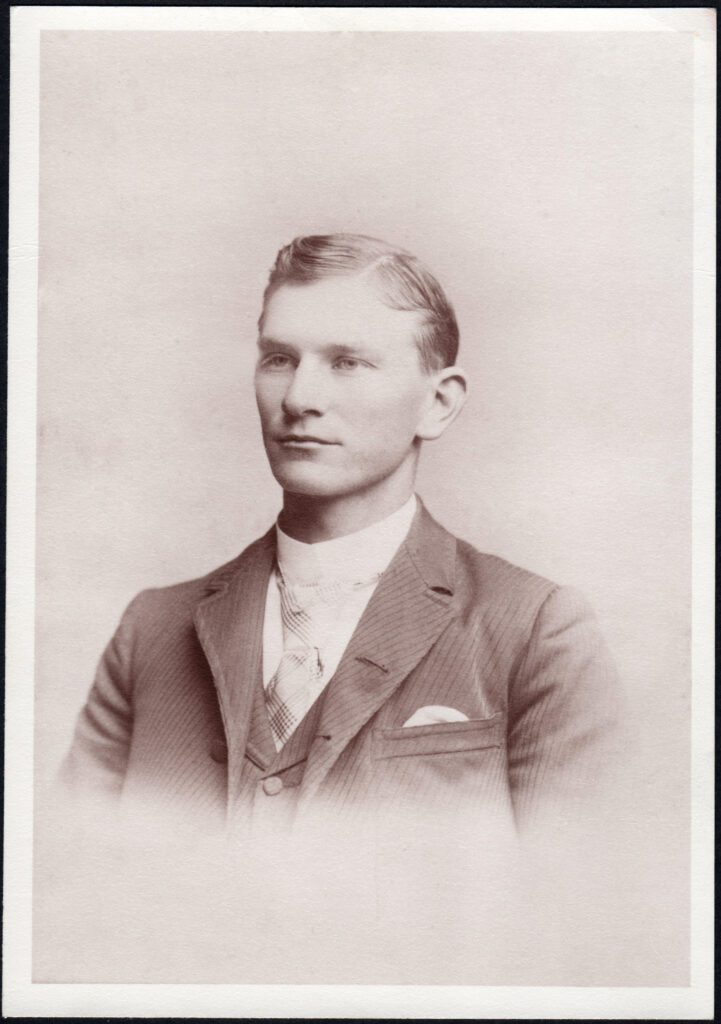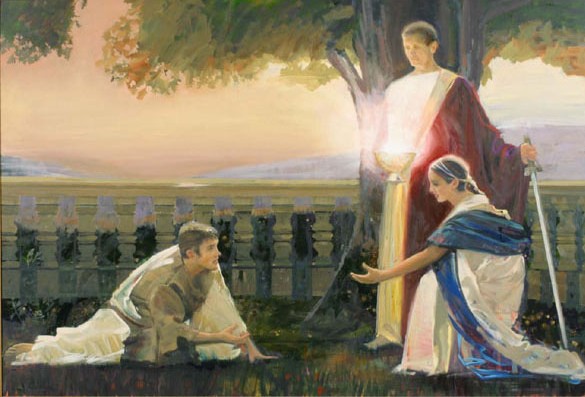
Thursday is when I try to spend an hour doing family history. This week, I read a personal history about the Trembaths, written by this grandfather, pictured above. The Trembaths are my dad’s ancestors, and they came from Cornwall, England. They were miners and farmers.
The first Trembath to arrive in America came in rebellion against his controlling father. One day, while farming the poor land, he decided he would not stay another day. He abruptly left home, found passage to America, and he continued mining here. Funny detail: the bossy dad and the rest of the family ended up following him to America. 😂 There was no shaking this father.
They mined in the Great Lakes area, then they made their way to California, where they mined for gold in the early 1850s. They found a good gold mine, and it is too bad that they were swindled out of that. So much for riches.
This week’s story reminded me that our Trembath ancestor had hopes for riches through mining, but his family found them in different ways, including growing almonds. What he didn’t know is that America’s greatest riches weren’t in mines or almond groves, but in the Restored Church of Jesus Christ, and the sealing keys. These blessings were possible because of the inspired religious liberty of the land, guaranteed by the Bill of Rights.
The gold that would sustain his posterity wasn’t in the seams of rocks, but in buried gold plates. It wasn’t a goldsmith who would work the gold, but a “Smith,” just the same, who translated the words found in the Book of Mormon. Their great-great-grandchildren would be the first to benefit spiritually from the Restored Church of Jesus Christ, founded in this land.
Our ancestors sought a better life in America, but Heavenly Father had bigger plans than riches or even religious liberty. He had plans to seal this family together through all generations, for eternity, through the atonement of Christ and temple covenants. He wants to give them all He has. It is a blessing to do temple work for these ancestors!




